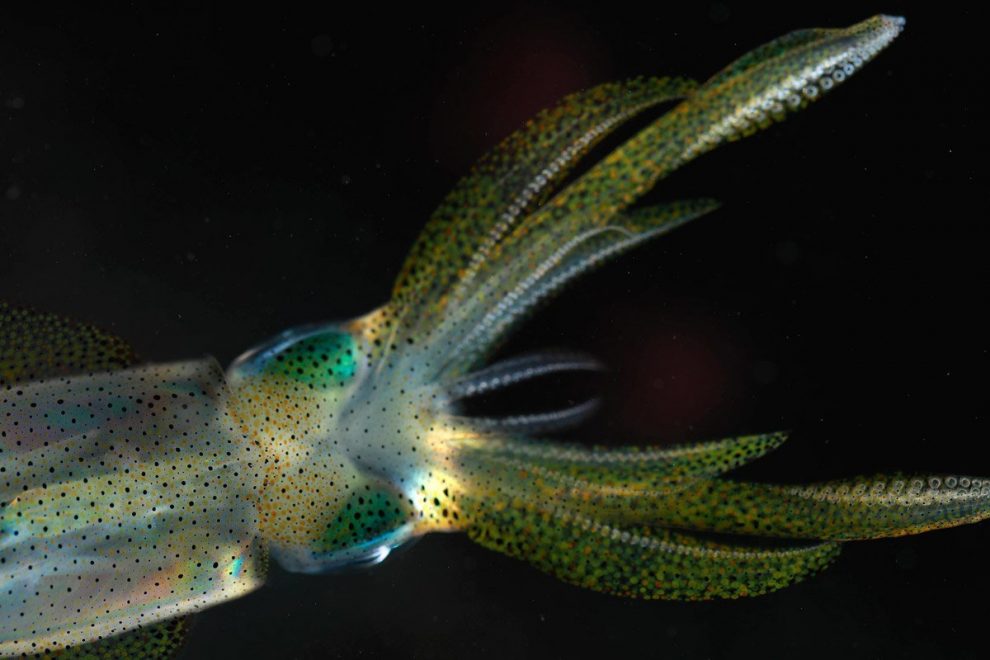

The Allen Coral Atlas allows anyone with internet access to monitor and download data on every major reef globally at never-before-seen detail, across time. Previously, only disparate data sets and maps that were available to scientists and policymakers. “The Allen Coral Atlas will allow us to offer critically important information to scientists, decision and policymakers, something that’s urgently needed for rapid response and conservation.” “The Atlas team have now created this incredible tool, which monitors the global health of coral reefs and bringing new hope to support conservation efforts. “Until now, there hasn’t been a global system in place to monitor coral reefs under the stresses that may lead to their deaths. “With ever-warming, more polluted and acidic oceans, models predict that 70 per cent to 90 per cent of coral reefs will be lost by 2050. “The current prognosis for the world’s coral reefs is bleak,” Dr Roelfsema said. The project has been led by Arizona State University, which developed a monitoring system that detects potentially bleached coral reef habitat, with UQ scientists working on the habitat mapping element of the project.ĭr Chris Roelfsema, from UQ’s Remote Sensing Research Centre, said the digital atlas tool was desperately needed, given the state of the world’s coral reefs. The Allen Coral Atlas project, an international research collaboration featuring University of Queensland scientists, are using unprecedented detailed habitat maps of all global coral reefs – over 230,000 of them – to detect reef bleaching anywhere in the world. In a world first, a satellite-based global coral reef bleaching monitoring system will scan the Earth’s oceans for coral-killing bleaching events in real-time.


 0 kommentar(er)
0 kommentar(er)
